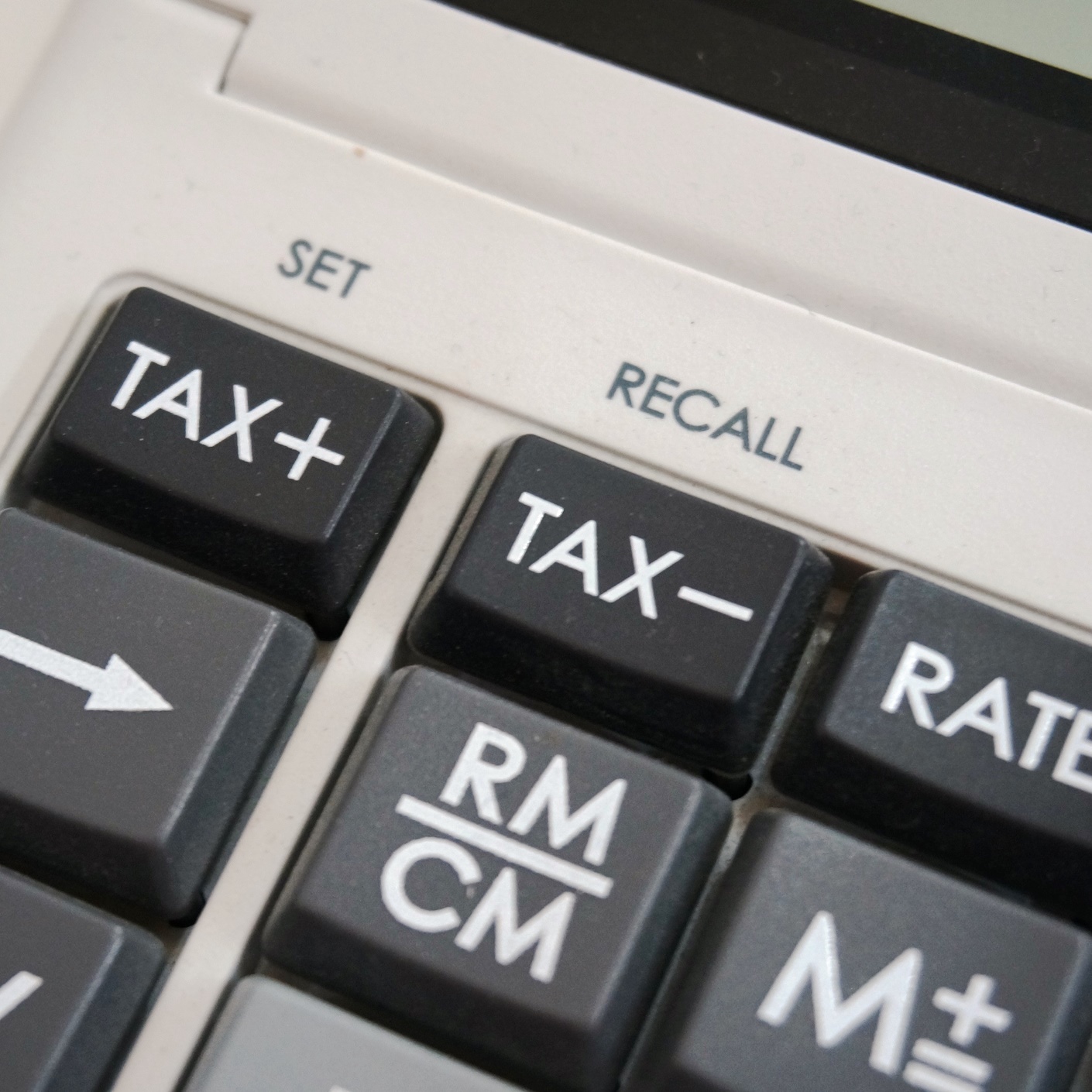
Tax reform was one of the key selling points that got President Trump elected, and the broad markets were quick to show their support. In fact through this year so far, markets have rallied over 10%, and a lot of analysts are saying that tax reform is already significantly priced into this rally and these market highs. In a slightly smaller scope, tax reform — in this sense — stands to benefit a vast majority of companies in the United States, but perhaps none more than Apple Inc. (NASDAQ: AAPL).
The iPhone giant has been the subject of much scrutiny in how it handles taxes. Some would even outright accuse Apple of evading U.S. taxes with their corporate structure. This has been a hot issue for Apple for many years now, but with tax reform on the table Apple might be incentivized to bring some of its overseas money back home at a reduced tax rate, at least says one analyst.
Merrill Lynch maintained its Buy rating for Apple based on expected strength of the iPhone X cycle, a significant cash balance that affords optionality to enter new markets, and a continuing strong cash return program. However, tax reform played a big role in this report.
Every year, Apple provisions for U.S. taxes on about 70% of its global earnings. Merrill Lynch believes that if the repatriation rate were reduced to 8.75%, Apple could substantially repatriate all its offshore cash by paying the taxes already provisioned. Specifically, if the repatriation rate is 8.75% (instead of 35%), then Apple has already accumulated an excess deferred tax liability of $10.2 billion versus what it needs to pay ($19.5 billion) in order to repatriate the $223 billion of unrestricted foreign cash. The excess $10.2 billion on its balance sheet would allow Apple to repatriate an additional $117 billion for future foreign earnings. This would provide a significant arsenal of cash for incremental capital return and M&A.
Apart from the repatriation aspect of tax reform, Merrill Lynch expects Apple earnings to benefit by $0.80 to $0.90 in fiscal 2018 and 2019 if the U.S. statutory tax rate were to be reduced to 20%. The firm assumes Apple will provision U.S. taxes on its entire global earnings and will not designate a portion of its earnings indefinitely reinvested outside the United States, as it currently does.
In terms of the numbers, it’s estimated that Apple has $223 billion of cash outside the United States (91% of total cash, excluding cash trapped by EU litigation) and approximately 67% of Apple’s annual global earnings are foreign.
Shares of Apple ended last week at $156.99 apiece, with a consensus analyst price target of $173.32 and a 52-week range of $104.08 to $164.94.
Thank you for reading! Have some feedback for us?
Contact the 24/7 Wall St. editorial team.





